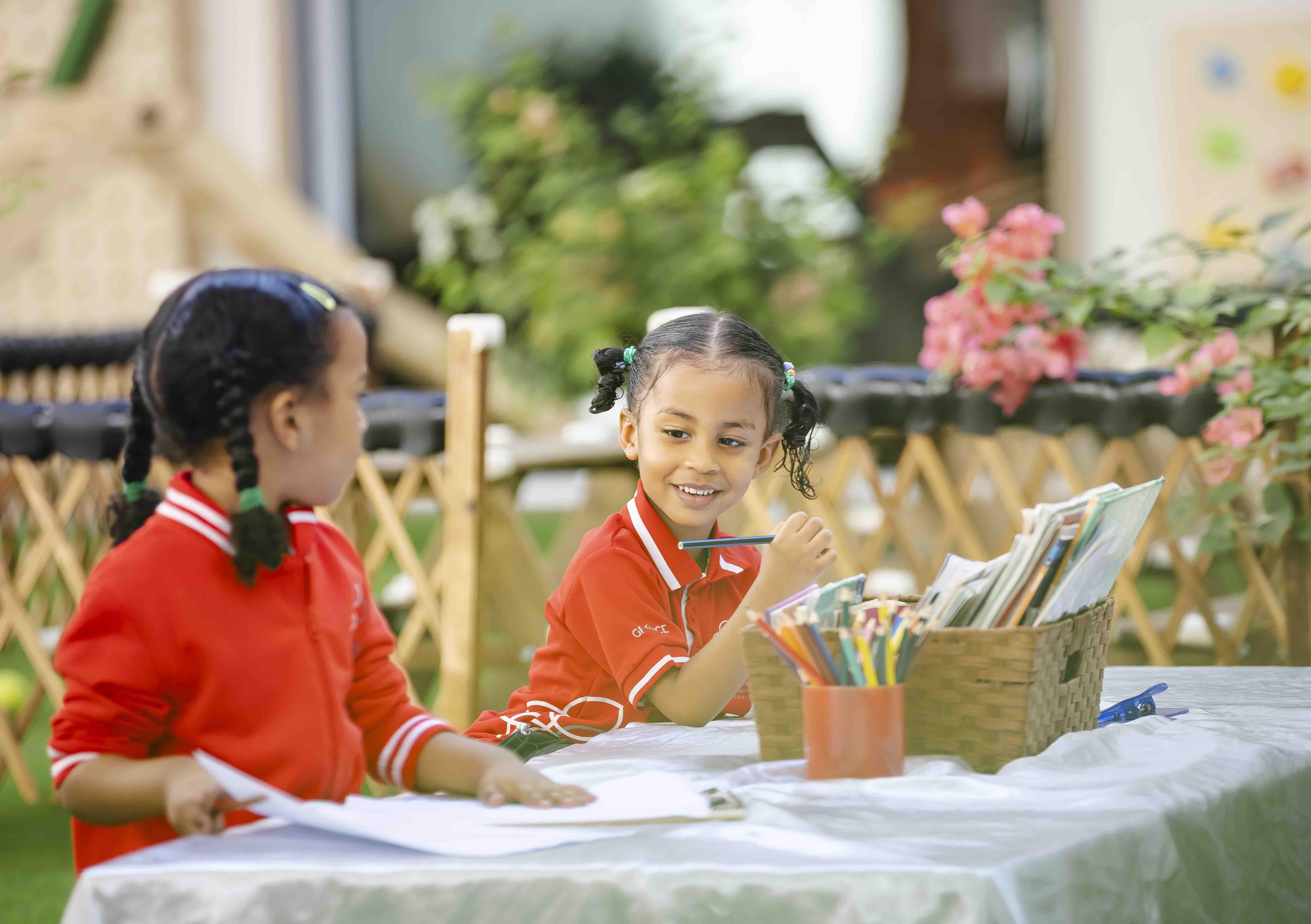We use cookies to improve your online experiences. To learn more and choose your cookies options, please refer to our cookie policy.

 News | Educational Insights | Advice and Guidance
News | Educational Insights | Advice and Guidance Blog | Values and Approaches
Blog | Values and Approaches Blog | Educational Insights
Blog | Educational Insights Blog | Boarding | Values and Approaches
Blog | Boarding | Values and Approaches Blog
Blog Blog | Advice and Guidance
Blog | Advice and Guidance Blog | Values and Approaches
Blog | Values and Approaches Blog | Values and Approaches
Blog | Values and Approaches Blog | Values and Approaches
Blog | Values and Approaches Blog | Values and Approaches
Blog | Values and Approaches.jpg?rev=f3904ca321ed41df823c1832e1cb5f68&hash=283075C3C17139A4B6E637211A5DBAD5) Blog | Advice and Guidance
Blog | Advice and Guidance